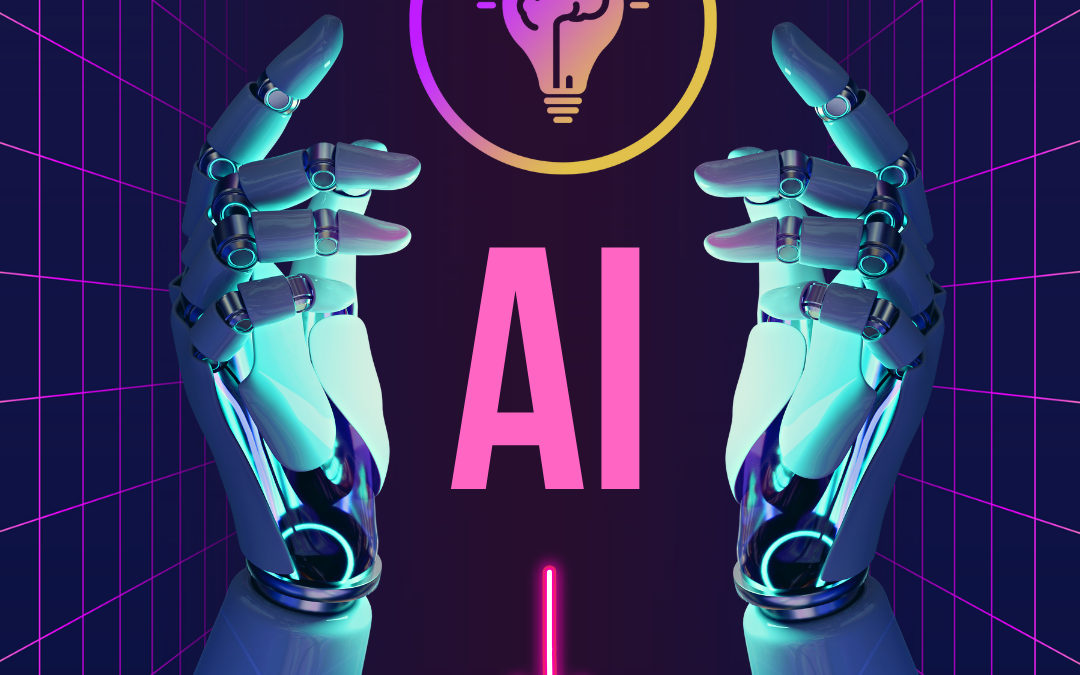Artificial Intelligence (AI) has the potential to revolutionize many industries, including the legal profession. However, the question of whether AI can replace lawyers is a complex and multifaceted one. In this blog, we will explore the various aspects of this question and come to a conclusion on the extent to which AI can replace lawyers.
- Legal Research: AI has the potential to significantly improve legal research. It can quickly search and analyze vast amounts of legal data and provide relevant information to lawyers. This can help lawyers save time and focus on other aspects of their work, such as strategy and client relationships.
- Contract Review: AI can also be used to automate the process of contract review. AI algorithms can be trained to identify and flag certain clauses or terms in contracts, making the review process faster and more efficient.
- Predictive Analytics: AI can also help lawyers make informed decisions by analyzing vast amounts of data and providing insights into potential outcomes of cases. Predictive analytics can help lawyers predict the likelihood of winning a case and guide them in making decisions about how to proceed.
- Legal Writing: AI can assist lawyers in writing legal briefs and other legal documents. AI algorithms can be trained to identify key elements of legal writing, such as citation styles and the structure of legal arguments, making the writing process faster and more efficient.
- Customer Service: AI chatbots can be used to provide legal information and guidance to clients, reducing the workload of human lawyers. This can free up lawyers’ time to focus on more complex cases and improve overall customer service.
Despite these benefits, it is important to note that AI cannot fully replace lawyers. AI can assist lawyers in their work, but it cannot make independent judgments or provide the same level of empathy and human understanding that a human lawyer can provide. In many cases, AI can only provide suggestions and recommendations, and it is up to human lawyers to make the final decisions.
In conclusion, AI has the potential to significantly improve the legal profession and make lawyers’ work more efficient. However, AI cannot fully replace lawyers and the legal profession will continue to require the skills and expertise of human lawyers for the foreseeable future.

